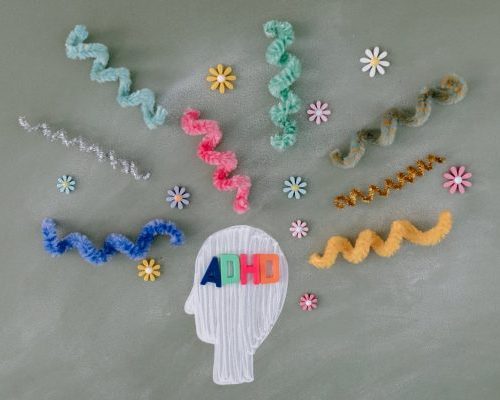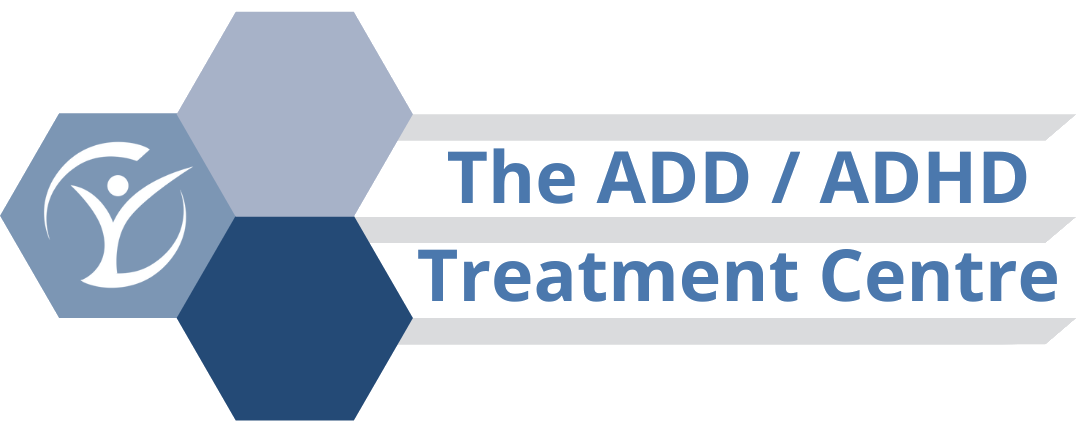Managing ADHD

Managing ADHD effectively requires sharing expert knowledge to equip individuals with their own toolset to self-regulate. Our team is dedicated to giving people with ADHD the skills they require to effectively manage their daily lives and interactions. There are a wide range of therapies available that can help to effectively mitigate the symptoms associated with ADHD. The inability to emotionally self-regulate for example, may be controlled through therapy, training, and equipping individuals with behavioural management tools and techniques.
Our Approach

Our organisation collaborates holistically to discover the best combination of methods for each individual client. For example, this may involve medication therapies as recommended by a client’s doctor, with our psychologists offering behavioural management, social skills training, and psychoeducation in combination. Our occupational therapists are likewise capable of assisting individuals with ADHD who possess sensory processing concerns. We are also able to provide comprehensive ADHD diagnostic assessments for early identification.
Therapies for Managing ADHD
We offer services such as Cognitive Behavioural Therapy (CBT) and ADHD coaching and mentoring. These therapies can be invaluable in better training the mind to respond appropriately to different situations, and to better deal with the symptoms of ADHD. Our therapies often focus on teaching practical skills for helping individuals with ADHD organise their school / work and home lives, planning things ahead of time, improving social skills and interactions, and promoting strengths and capabilities.
ADHD Medication

Paediatricians, paediatric psychiatrists, and psychiatrists may be able to prescribe medication for ADHD. Where this is deemed necessary, it is done to support healthy changes to lifestyle and behaviours. Certain prescribed stimulants have been known to help people with ADHD focus and complete tasks when taken in small doses. If unable to take stimulants, there are also common non-stimulant medications available in Australia that can be prescribed. GPs may also prescribe certain other medications to help alleviate adjunct symptoms such as anxiety or depression.
Other Techniques for Managing ADHD

Externalisation
An important element to managing ADHD is to find external, physical substitutes for different areas of brain function. ADHD makes it difficult to hold on to information in the mind, so externalise this information wherever possible. For example:
- Sticky notes, notepads, timetables, whiteboards
- Pill organisers, phone apps for sleep and exercise
- Personal organisers, journals, dictation devices, charts
30% Rule
An important “rule of thumb” for ADHD is that a child with ADHD may be up to around a third behind their same age peers in terms of self-regulation, self-management, and their ability to respond appropriately to situations. This is sometimes referred to as the “30% rule.” This may help to inform the base capabilities of a child with ADHD without assistance or accommodations.
This rule has been observed to remain relatively consistent throughout their lives. For example, if a child with ADHD is aged 10, they may have the self-control and emotional / rational capabilities of a 7-year-old. The 30% rule is considered by some parents first and foremost when exploring all avenues of independence, and can help parents and their children make appropriate choices.
It is okay for a parent to lower expectations somewhat in order to help assist their child’s functioning. A child with ADHD is not a typical child and what is “normal” for typical children does not have to apply to one’s own child. Parents may consider the 30% rule when determining the appropriateness of big decisions in their child’s life: to babysit, drive, become sexually active, etc. Are they emotionally rational or too vulnerable to make this decision?
Assisting the Internal Clock
People with ADHD can be seen as lacking an effective internal clock, and therefore may have issues with scheduling and time assignment. To help compensate for this, it can be beneficial to carry a timer (phone, stopwatch, beeper, etc.) for anything that involves time and scheduling. It is also beneficial to have frequent reminders for tasks. A phone, day planner, calendar, and other tools can be effectively used for this purpose. These are particularly effective for longer periods of time. Remember to immediately add any new commitments to organisers or timers.
For people with ADHD, it can be helpful to make an effort to break down longer commitments into smaller, more concrete steps. Consider what small things can be done to build towards daily goals to achieve. For example: if tasked with writing a 1000 word report that is due in 2 weeks, it is possible to prepare like this: each day, over the next 10 days, write 100 words, which is about 4 sentences or 1 paragraph.
Building Emotional Regulation / Motivation
Learning stress and anxiety management techniques, eating healthier, and getting enough sleep can all help to build up the emotional resilience of a person with ADHD. Furthermore, where possible all motivation should be external, not internal. For a person with ADHD, there may need to be “something in it” if they are going to persist with a task. Consider using tokens or points that can be redeemed for a reward.
Children with ADHD may be able to learn emotional management and resilience techniques, along with social skills, from mental healthcare professionals. Comorbidities, such as depression, anxiety, and ODD / CD can also have social components to them that can worsen ADHD symptoms if they are not effectively managed with professional assistance.
Improving Planning and Problem-Solving Skills
Externalise the tools for problem solving, rather than relying on internal capabilities. For example, try using physical props to help solve maths problems, such as drawing out a layout on a chart.
To aid verbal thoughts, visual brainstorming and mind mapping are essential tools. Pen thoughts to paper immediately and without delay. Remember: It doesn’t matter what order these thoughts come out in, the most important part is getting them out of the head! With thoughts externalised, it becomes easier to draw connections between them. You can then organise them with cue cards, branching lines, and circles or highlighted info.
Environmental Factors
Environmental factors cannot be entirely discredited when making accommodations for an individual’s ADHD. Their daily impairments and challenges can be heavily influenced by their surrounding environment. This is because the environment is the most immediate source of distracting stimuli.
The environment may have to be rearranged so it’s less distracting, especially when a person with ADHD needs to perform a task. Consider shutting off extraneous noise or wearing noise cancelling headphones. Keep the study environment or workspace clean and tidy, and supply adequate lighting. Notes and reminders should be placed in a prominent position. Removing distracting software from phones or PCs can also help with work or school.
ADHD Management Tips for Adults
- Build routines and structure within your work, study, and life.
- Learn about the lived experiences of people with ADHD so you can better understand what you are experiencing.
- Offer to share your own experiences with others.
- Join an in-person or online ADHD support group.
- Create and utilise routines, schedules and lists.
- Undertake regular exercise and eat healthily.
- Focus on the positive aspects of your personality rather than any negative behaviours.
